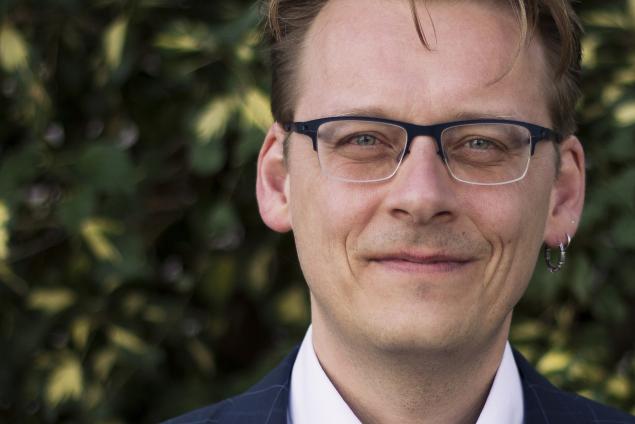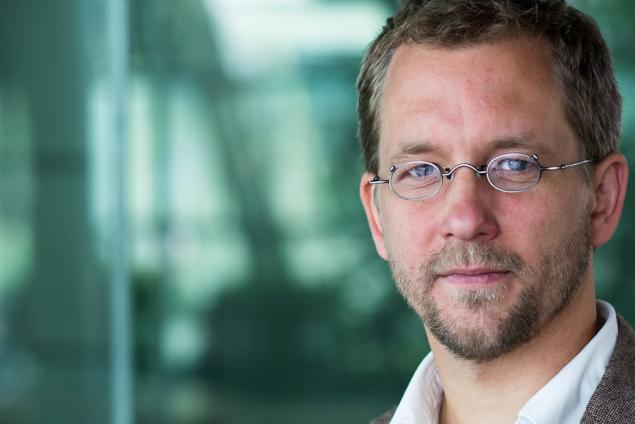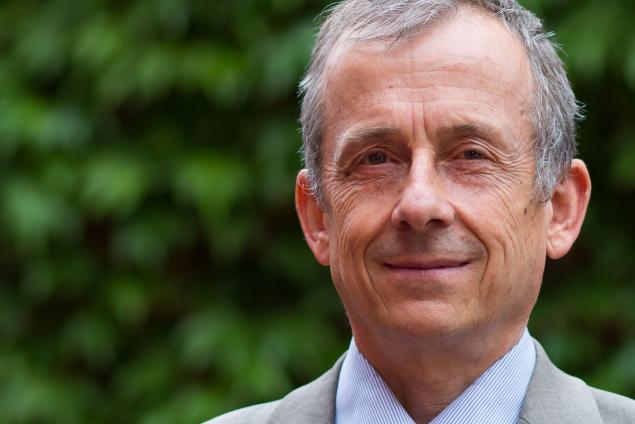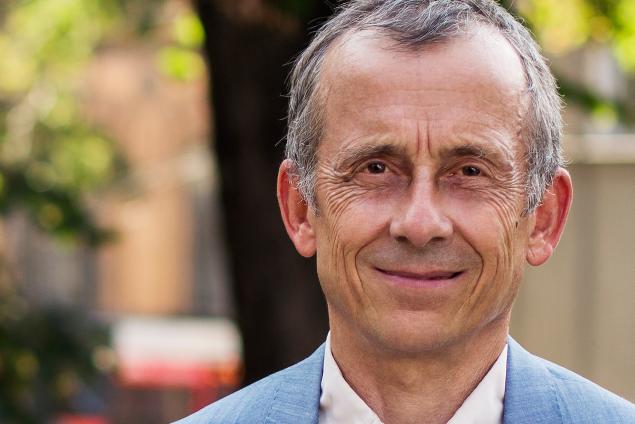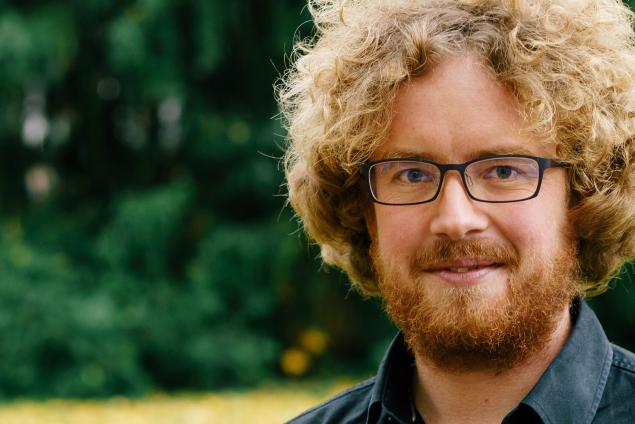Scroll to Section:
The 20th Century has been marked by a return to ethnic and religious affiliations and identifications which continue to be in the foreground of political discourse. The rise of religious groups is represented by the media as a turbulent phenomenon, which spikes new conflicts globally. These representations of collective identities are politically utilized. Resource conflicts and controversies about citizenship and residence rights become more difficult to solve, because notions of identity fuel them with generalizations and prejudice. In this video, political anthropologist GÜNTHER SCHLEE argues that collective and individual identities (i.e. which collective identity an individual opts for) are subject to change over time. The ways in which groups and individuals identify often result from a dynamic interplay between political advantages, economic opportunities and plausible identity options for personal choice. Looking at the process of identification and analyzing which factors influence it, may help to improve human organization on all levels.
DOI:
https://doi.org/10.21036/LTPUB10309
Institution
Max Planck Institute for Social Anthropology
The Max Planck Institute for Social Anthropology is one of the world’s leading centres for research in socio-cultural anthropology. Common to all research projects at the Max Planck Institute is the comparative analysis of social change; it is primarily in this domain that its researchers contribute to anthropological theory, though many programmes also have applied significance and political topicality. Fieldwork is an essential part of almost all projects.
Original publication
How Enemies are Made: Towards a Theory of Ethnic and Religious Conflict
Published in 2008Beyond
A Ground-breaking Scientific Revolution
An Alarming Challenge for Society
If I Had a Second Life
A Personal Reading Recommendation
